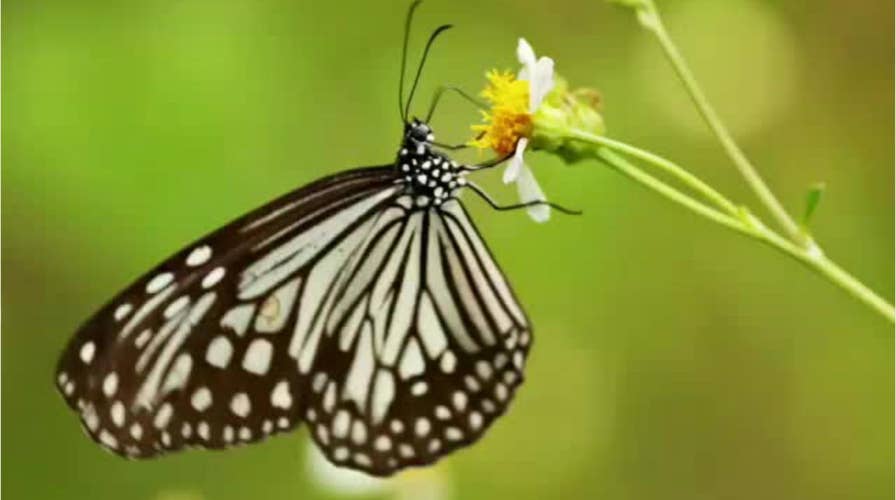Rapidly declining insect populations triggering end of mankind?
Researchers are saying that insect populations are declining at a rapid rate, and with the loss of those populations, mankind could face extinction.
A decline in insect populations happening across the planet has Earth’s ecosystems and humankind facing catastrophic consequences.
The sobering message has emerged from a comprehensive review of 73 historical reports on insect population declines which found the rate of extinction is eight times faster than vertebrates such as mammals, birds and reptiles.
More than a third of the world’s insects are threatened with extinction in the next few decades.
“Our work reveals dramatic rates of decline that may lead to the extinction of 40 percent of the world’s insect species over the next few decades,” researchers wrote.
They found evidence for decline in all insect groups reviewed, but said it was most pronounced for butterflies and moths, native bees, beetles and aquatic insects such as dragonflies.
“From our compilation of published scientific reports, we estimate the current proportion of insect species in decline (41 percent) to be twice as high as that of vertebrates, and the pace of local species extinction (10 percent) eight times higher, confirming previous findings,” they wrote.
The report highlights the ongoing loss of biodiversity as environmental degradation, pollution, over hunting, habitat loss and climate change deplete animal populations to worrying levels.
Humans have wiped out about 60 percent of the planet’s animal life since 1970, according to the latest Living Planet Index.
Due to the high level off species loss, Earth is considered to have entered into its sixth mass extinction event in half-a-billion years as conservationists warn that more needs to be done to protect our environmental systems.
The review of declining insect populations was conducted by Dr. Francisco Sánchez-Bayo from the University of Sydney and Kris Wyckhuys from the University of Queensland, and published online this month in the journal Biological Conservation.
Dr. Sánchez-Bayo could not be reached for comment but speaking to The Guardian, he said the stakes were seriously high.
“If insect species losses cannot be halted, this will have catastrophic consequences for both the planet’s ecosystems and for the survival of mankind,” he said.
Insects are considered vital to many of nature’s ecosystems for the productive role they play, particularly in controlling populations of other organisms.
They maintain soil structure and fertility, pollinate plants and control insect and plant pests. Many insects feed on dead animals and fallen trees, thereby recycling nutrients back into the soil.
Various insects are also a common food source for larger animals. “If this food source is taken away, all these animals starve to death,” Dr. Sánchez-Bayo said.
The pair of researchers set out to “systematically assess the underlying drivers” of the drop in insect populations.
The main driver behind the decline, they found, was habitat loss due to intensive agriculture and urbanization.
They also pointed to the growing use of pollutants, mainly synthetic pesticides and fertilizers, as well as the impact of invasive species and climate change.
“Unless we change our ways of producing food, insects as a whole will go down the path of extinction in a few decades,” the report said. “The repercussions this will have for the planet’s ecosystems are catastrophic to say the least.”
Conservation and biodiversity groups have called on the more careful use of chemical pesticides and fertilizers in agriculture to address the problem.
“A rethinking of current agricultural practices, in particular a serious reduction in pesticide usage and its substitution with more sustainable, ecologically-based practices, is urgently needed to slow or reverse current trends, allow the recovery of declining insect populations and safeguard the vital ecosystem services they provide,” the report said.
This story originally appeared in news.com.au.









































